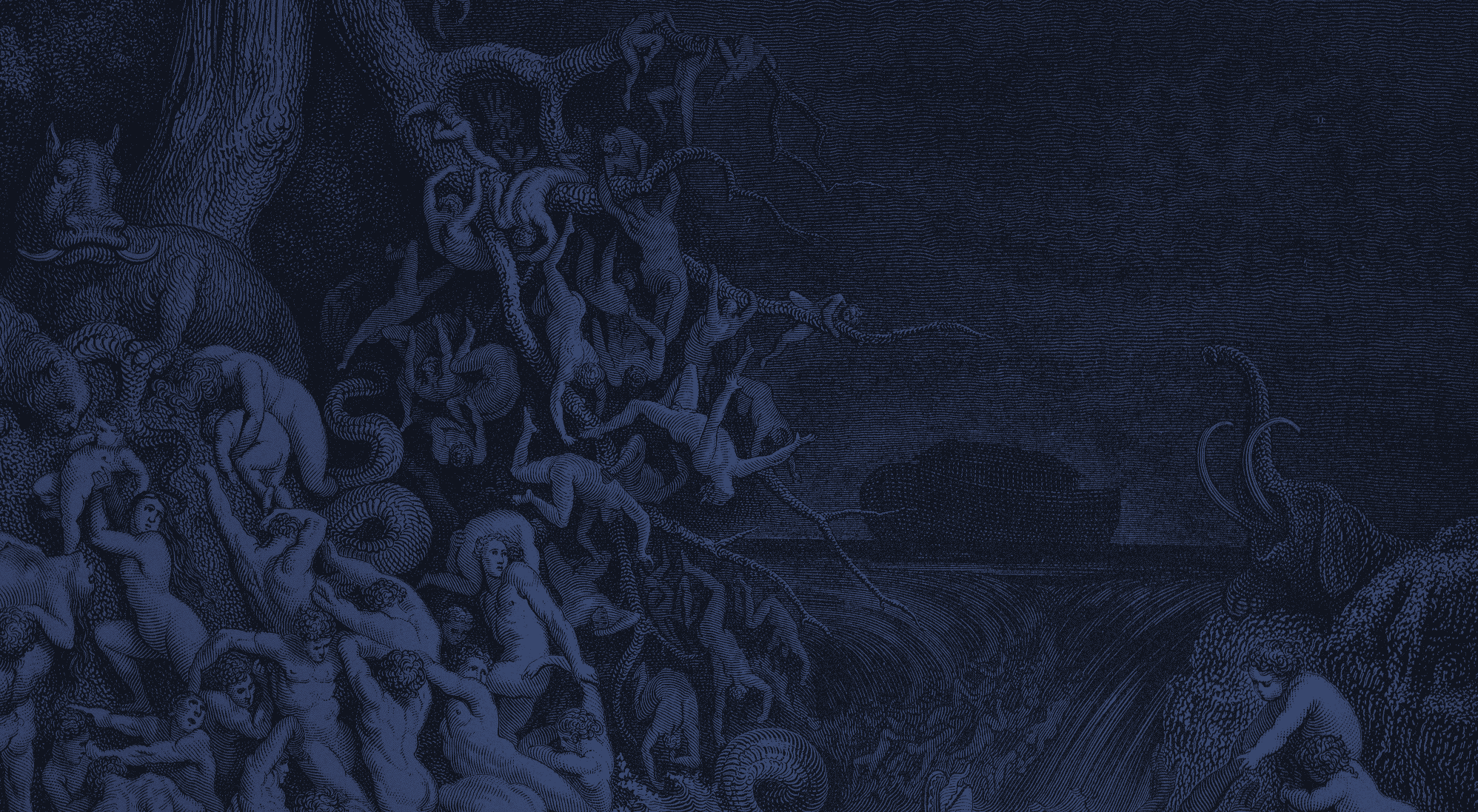- Feb 5, 2002
- 166,651
- 56,274
- Country
- United States
- Faith
- Catholic
- Marital Status
- Married
- Politics
- US-Others
An increasing number of Christian books, podcasts and blog posts tell us that we shouldn’t believe in a God who judges and punishes sinners—especially on the Cross of Jesus or eternally in Hell. Sooner or later, they assure us, everybody will be saved.
Here are 10 questions to ask when you encounter such theology:
Continued below.

 au.thegospelcoalition.org
au.thegospelcoalition.org
Here are 10 questions to ask when you encounter such theology:
1. Does it take God’s holiness seriously enough?
Sin creates all kinds of problems for us with ourselves, with the world and with the devil. But the biggest problem it creates for us is that it makes us unable to approach God himself. Our sins separate us from our holy God (Is 59:2) and he responds to them by barring our approach: with flaming swords (Gen 3:24 c.f. 4;16); with storm and darkness (Ex 19); with curtains and smoke (Lev 16). If none of that deters us he is likely to kill us (1Sam 6:19-20).Some writers recoil from this. Heaven forbid that we should need to be saved from God. Isn’t God always close to us? (c.f. Ps 139:7-8; Acts 17:27) Didn’t Jesus come close to sinners without destroying them? Indeed. But these are modes of God’s presence where his radiant glory is concealed so that he can show us other aspects of his nature—namely, his mercy and patience (see more below). If we want to endure in God’s presence—if we want to survive when he reveals himself in his glory—then we need atonement. We need the sacrifice and blood of Jesus to secure our eternal redemption (Heb 9:12); to forgive our sins (v 22); to enter the holy presence of God (Heb 10:19-22).Sin creates all kinds of problems for us with ourselves, with the world and with the devil. But the biggest problem is that it makes us unable to approach God himself.
2. Does it take sin seriously enough?
Continued below.

False Comfort: The Treacherous Gospel of Wrathless Universalism - The Gospel Coalition | Australia
An increasing number of Christian books, podcasts and blog posts tell us that we shouldn’t believe in a God who judges and punishes sinners—especially on the Cross of Jesus or...
